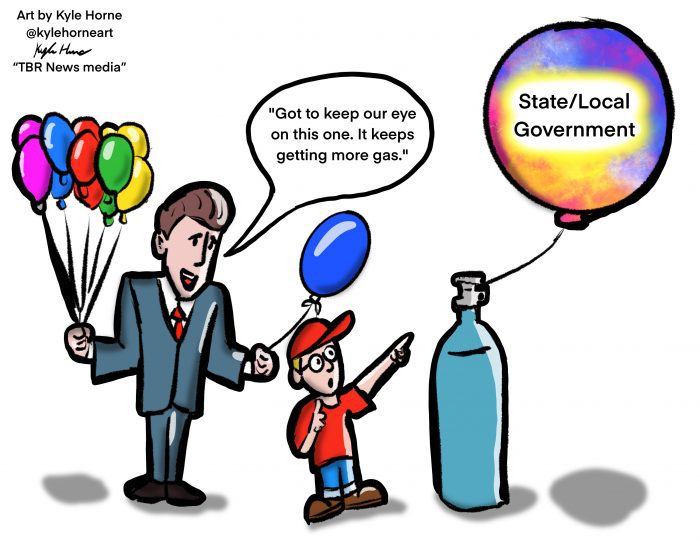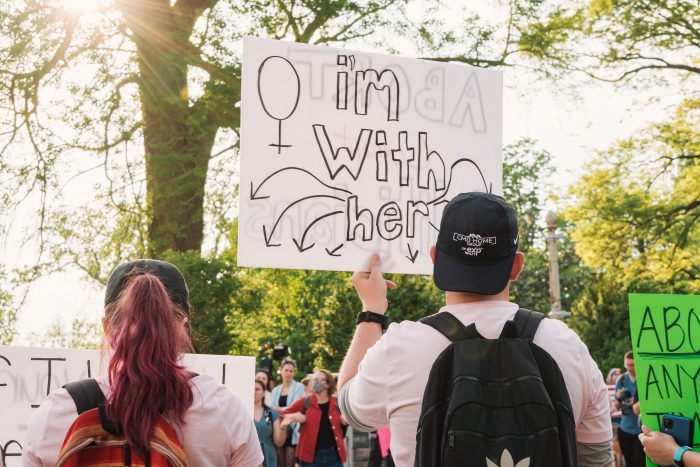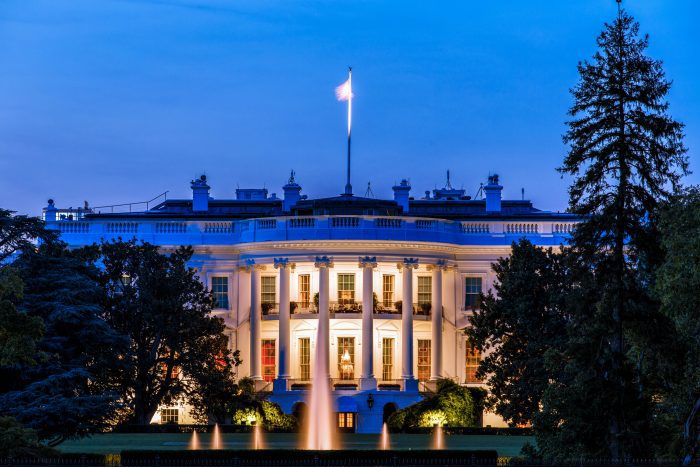“All politics is local.” This expression rings truer today than ever before.
The Framers of the U.S. Constitution envisioned a system of federalism for the United States — one in which the national government was assigned a select number of well-defined powers, with all other powers not delegated by the Constitution reserved to the states. Over the course of American history, however, more and more powers have been delegated to the federal government.
Right now, we are witnessing a turning point in a century-long power struggle between the federal government and the states. Democratic presidents such as Woodrow Wilson, Franklin Delano Roosevelt and Lyndon B. Johnson incrementally augmented the size of the federal government and expanded the scope of its powers. After a century of concentrating power in Washington, the U.S. Supreme Court is now undoing that legacy, returning decision-making authority to lower levels of government.
Two recent SCOTUS opinions have dramatically altered the balance of power in this country. The court ruled in Dobbs v. Jackson Women’s Health Organization that the Constitution does not confer a right to abortion. In New York State Rifle & Pistol Association Inc. v. Bruen, the court overruled New York State’s proper-cause licensing requirement for concealed carry of a handgun, making it harder for New York and other states to regulate concealed carry.
The one interconnecting theme of both of these decisions is that the federal government is yielding much of its power to the states, putting greater pressure on state and local governments to make decisions on behalf of the people.
No longer are the days of FDR, who saw the federal government as the vehicle to drive the national economy with his New Deal. No longer are the days of LBJ, whose Great Society program sought to eliminate poverty and racial disparities using the federal government as its engine. In this post-Roe America, the power of the federal government is waning, taken out of its hands and placed in the hands of the states.
There are some possible benefits to the decentralization of federal power. For starters, this may reduce voter polarization and division in the United States. With fewer decision-making powers, the stakes will be reduced for congressional and presidential elections. While national security and interstate commerce will always be the domain of the federal government, a host of domestic issues may soon return to the states, meaning state and local elections may soon carry much greater weight.
As power shifts away from the federal government and into our backyards, local residents must maintain an active interest in their state and local legislatures as these bodies will be deciding upon the issues that matter the most. Citizens can — and should — stay informed by reading their local newspapers, where information on these matters is most accessible. And they should remember to write letters to the editor because this remains a tried-and-true method to reach and persuade one’s fellow citizens.
















